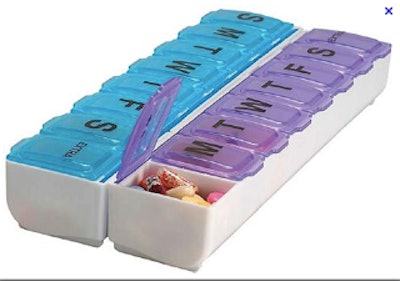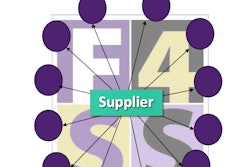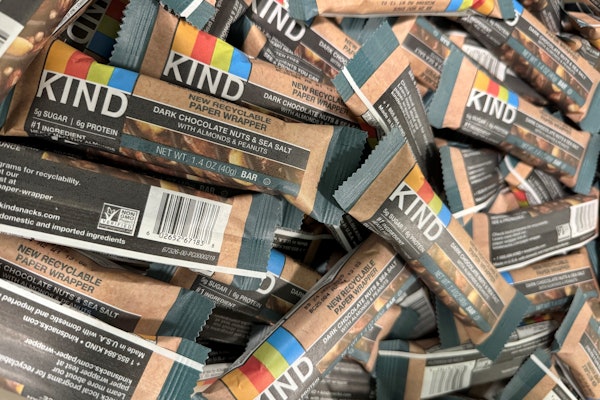
“Drugs don’t work in patients who don’t take them.” – C. Everett Koop, MD
That was the recurring theme at PharmaPack’s conference, where experts spoke about various trends they’re seeing when it comes to improving patient adherence. Beyond the obvious reasons to improve quality of life, patient adherence initiatives have the potential to reduce healthcare spending by billions in preventing unnecessary readmission retreatment.
Electronic medication management aids
With so much thought going into pharmaceutical packaging design, we may forget that polypharmacy patients often remove their pills from primary packaging for use in multi-compartment compliance aides such as daily or weekly pill boxes. In older patients or those with severe health issues, it’s entirely possible that they need upwards of five medicines a day, at various times throughout the day.
So how can the industry target patient adherence when medications are removed from their instructions?
Researchers from the Pharmaceutical Care Research Group (PCRG) at the University of Basel tested the effectiveness of a medication management aid with electronic monitoring that provides reminders, tracks patients’ dosage routines and provides feedback for patients to improve.
PCRG’s Samuel Allemann explains that at the end of a 14-day trial, half of the patients were not in favor of the device but they were able to provide valuable feedback on its size, alerts and other features. They also helped to identify target groups for the device: patients with time-sensitive medication regimens, patients with dementia, the visually impaired, and several patients living together to prevent accidental intake of the wrong medication.
The dispenser has shown benefits to patient outcomes, including a case in which a patient with irregular dosing habits turned on the reminders, and began taking medication on time. It also may help to take pressure of caregivers, some of whom are relatives or neighbors without healthcare backgrounds.
While we may not be ready for an electronic medication dispenser in every home just yet, researchers are working to determine how to improve and deploy the technology. As Allemann says, “It’s important that the medication arrives at the pharmacy in perfect condition, but we also have to think about how it gets into the patient.”
Device and experience design
Experts were clear that companies must examine the root causes to address the lack of adherence, keeping the end users in mind. Chris Evans, Vice President of Research & Innovation at West Pharmaceutical Services, says, “Cost is not the issue of adherence.” Even when medications are free, adherence rates are nowhere near 100%. So what are the various barriers to adherence? There are a lot of reasons—some patients are lazy, old-fashioned, or fear side effects—but according to Evans, the usability of drug delivery is a major factor, particularly for self-injected therapies. “If it’s hard to use, uncomfortable, painful, or scary, that has a big effect.”
Evans explains that drug delivery must encompass the Three C’s: confidence, convenience and comfort. “People do not want to be handcuffed to deliver the medication at a certain place or time. They need [to be properly educated] and need a high level of mobility and convenience.” Reducing dose frequency also increases compliance, as it reduces the number of interruptions in lifestyle.
West Pharmaceutical has partnered with Noble® and HealthPrize Technologies to target psychological barriers to adherence and gamify the process of prescription compliance.

























